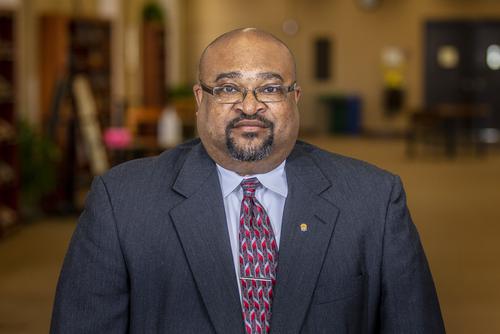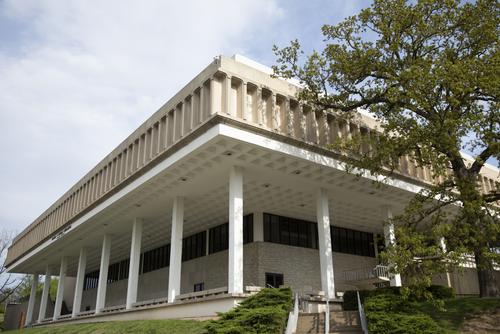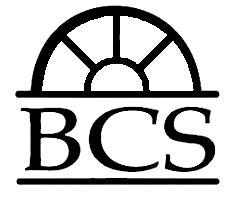Online: Child Development
Continue to main content
Child Development Major Jobs & Salaries
-
$56k
Preschool and Childcare Center Director
According to the Bureau of Labor Statistics, the median annual salary for a preschool and childcare center director is $56,270.
-
$41k
Preschool Teacher
According to the Bureau of Labor Statistics, the median annual salary for a preschool teacher is $41,450.
-
$86k
Social and Community Service Manager
According to the Bureau of Labor Statistics, the median annual salary for a social and community service manager is $86,100.
The child development degree requires a minimum of 120 credit hours to complete, including the general education requirements and at least 39 senior division hours. “Critical Courses” are italicized and bolded. Data shows that students who have completed this course in the first two years and have earned the noted grade are most likely to complete this program of study.
Required Core Courses:
- CF102 Relationships in the 21st Century (3)
- CF120 Foundations of Child Development (3)
- CF209 Introduction to Family Theories (3)
- CF220 Emerging Adulthood (3)
- CF410 Culture, Ethnicity, and the Child (3)
- CF430 Parent-Child Interactions (3)
- CF520 Professional Ethics and Practice (3)
- ED535 The Trauma Informed Professional (3)
- FE200 Family Financial Management (3)
Child Development Option:
- CF124 Children’s Health, Safety, and Nutrition (3)
- CF200 Constructive Guidance and Discipline (3)
- CF215 Observation: Perception and Process (3)
- CF233 Creative Thought and Expression in Children (3)
- CF250 Family Child Care: Feasibility and Management (3)
- CF280 Learning Theory and Application: Preschool (3)
- CF285 Learning Theory and Application: Infant-Toddler (3)
- CF306 History and Theory of Child Development (3)
- CF310 School Age Child Care (3)
- CF315 Administration of Programs for Children and Youth (3)
- CF330 Middle Childhood and Youth Issues (3)
- CF415 Legal Risks/Administrative Decision-making in Programs
- for Children and Youth (3)
- CF470 Perspectives on Child Maltreatment and Advocacy (3)
- CF480 Child Development Career Internship (3)
- CF555 Responding to the Survivor of Child Abuse (3)
- CF570 Professional and Systems Responses to Child Maltreatment (3)
- EX390 Psychology and Education of Children with Exceptionalities (3)
- LI243 Children’s Literature (3)
Some requirements may be fulfilled by coursework in a major program.
- Social and Behavioral Sciences – 6 hours
- Constitution Requirement – 3 hours
- Written Communication – 6 hours
- Oral Communication – 3 hours
- Natural Sciences – 7 hours (from two disciplines, one to include a lab)
- Mathematics – 3 hours
- Humanities & Fine Arts – 9 hours (from at least two disciplines)
- Additional requirements – 5 hours (to include UI100 for native students)
- Civics examination
First Year
Fall Semester (16 Hours)
- UI100 (1)
- EN100 (3)
- CF120 (3)
- CF124 (3)
- General Education (3)
- General Education (3)
Spring Semester (15 Hours)
- CF102 (3)
- CF200 (3)
- General Education (3)
- General Education (3)
- General Education (3)
Milestone: 2.0 cumulative grade point average
Second Year
Fall Semester (15 Hours)
- CF209 (3)
- CF215 (3)
- CF250 (3)
- CF280 (3)
- FE200 (3)
Spring Semester (16 Hours)
- CD220 (3)
- CF285 (3)
- LI243 (3)
- General Education (3)
- General Education (3)
Milestone: 2.0 cumulative grade point average
(Summer courses are encouraged to avoid 18-hour semesters.)
Third Year
Fall Semester (15 Hours)
- CF233 (3)
- CF306 (3)
- CF315 (3)
- CF330 (3)
- EX390 (3)
Spring Semester (15 Hours)
- CF310 (3)
- CF410 (3)
- CF430 (3)
- CF470 (3)
- Elective (3)
Milestone: 2.0 cumulative grade point average
Fourth Year
Fall Semester (15 Hours)
- CF415 (3)
- CF555 (3)
- ED535 (3)
- General Education (3)
- Elective (3)
Spring Semester (13 Hours)
- CF480 (6)
- CF520 (3)
- CF570 (3)
- Elective (3)
- Elective (1)
Milestone: 2.0 cumulative grade point average
A “Milestone” signifies a significant stage for a student in the completion of a degree.
What will it cost?
College of Education, Health and Human Studies
This degree is housed within the College of Education, Health and Human Studies. The college boasts programs that train students in mind, body, and soul. So, whether you want to teach, to care, to support, or to fix, we have a program to get you there.
Chair of the Department of Child and Family Studies
"As a professor of Child Development and one who was trained in Agriculture, I see the university setting as a field of opportunities to plant the seed of ideas, inspiration, and purpose; I do this with the hope and expectation that the minds and efforts of future student professionals evolve to produce outcomes that are fruitful to their professions and their communities."
Victor Wilburn, Ph.D.

Online Learning at SEMO
When it comes to your success, we do whatever it takes. Online learning at SEMO takes the same reputable college courses taught by Southeast faculty and makes them available anytime, anywhere.
Earn Your Degree on Your Schedule.
Do more than dream about the future. Take the first steps to make it all happen.
Getting the Job
Your education is just one piece to launching an extraordinary career. Once you’ve mastered the material, you still have to find the job you want, make the right connections, and sell your knowledge and experience—if all this is giving you anxiety, don’t panic. SEMO’s Career Services office is here to help you with the next step. Our boldly supportive faculty will provide the expertise and support you need, so you’re landing your dream job in no time.
Stackable Degree Path
Earn credentials faster with our stackable degree path! You can earn your Associate of Arts in childcare and guidance while working towards your Bachelor of Science in child development. There are no additional classes needed with this option, getting you to a degree faster without extra work.
Additional Resources
98% of College of Education, Health and Human Studies graduates are employed or enrolled in grad school within a year.
Cape Girardeau, MO 63701





